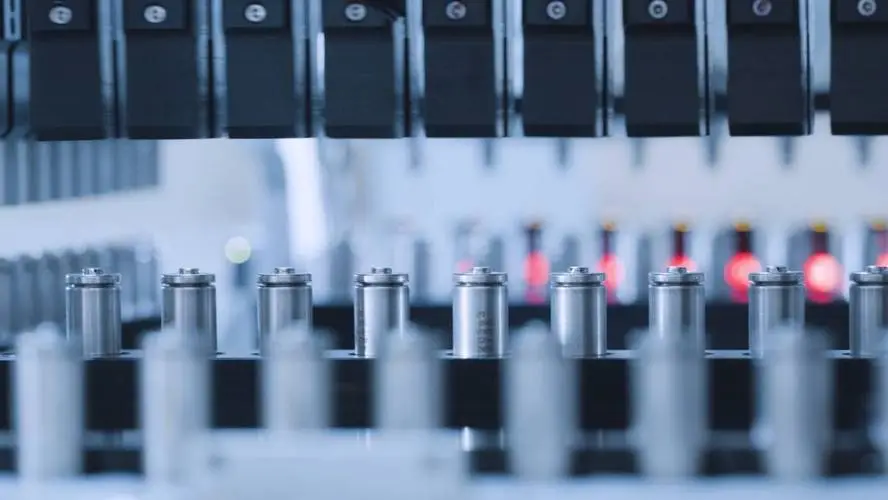 |
Welcome To Evlithium Best Store For Lithium Iron Phosphate (LiFePO4) Battery |
 |

Lithium batteries power many of our everyday devices, from smartphones and laptops to electric cars. They're compact, efficient, and long-lasting. However, when these batteries reach the end of their life, knowing how to dispose of them properly becomes essential. Why? Because improper disposal can have severe consequences for both the environment and human health. Let’s explore the best practices for disposing of lithium batteries safely.
Lithium batteries are a type of rechargeable battery that uses lithium ions to store and release energy. They come in various forms, including:
These batteries are popular due to their high energy density and long lifespan, making them ideal for modern technology.
Disposing of lithium batteries properly is not just a recommendation—it’s a necessity. Here's why:
Not sure if your lithium battery is ready for disposal? Look out for these signs:
Before disposing of a lithium battery, follow these safety precautions:
Finding the right place to dispose of your lithium batteries is crucial:
No, you should never throw lithium batteries in the trash. In many regions, it is illegal to do so. Throwing them away with regular garbage can lead to fires and environmental hazards when they are compacted or exposed to heat.
Improper disposal can result in:
Recycling is the best way to handle old lithium batteries because it allows for the recovery of valuable materials like lithium, cobalt, and nickel. This process not only reduces waste but also supports the sustainable production of new batteries.
There are several resources available to find battery recycling programs near you:
During recycling, lithium batteries go through these steps:
Many manufacturers now have take-back programs that allow consumers to return used batteries directly to them. Brands like Apple, Tesla, and Samsung encourage users to recycle their old batteries by providing easy return options.
If recycling isn't immediately available, you can consider repurposing old lithium batteries:
With advancements in technology, recycling methods are becoming more efficient. Governments are also introducing stricter regulations to ensure that battery disposal and recycling are handled responsibly, reducing environmental impact.
Proper disposal of lithium batteries is crucial for protecting the environment and our health. By following safe disposal practices, recycling, and utilizing manufacturer take-back programs, we can minimize the negative impact of these powerful energy sources. Take action today by finding a local recycling center or participating in a manufacturer’s take-back program.
Can I put lithium batteries in my curbside recycling bin? No, curbside recycling programs do not typically accept lithium batteries. Always take them to a designated recycling center.
What should I do if my lithium battery is damaged or leaking? Immediately place the battery in a non-conductive bag and take it to a hazardous waste disposal facility.
How can I tell if a battery recycling program is reputable? Look for programs that are certified by organizations like Call2Recycle or Earth911, which follow proper safety standards.
Are lithium battery recycling programs free? Many recycling programs are free, but some facilities may charge a small fee for hazardous waste disposal.
How do I safely store old lithium batteries before disposal? Store them in a cool, dry place away from heat sources and cover the terminals with non-conductive tape to prevent short-circuiting.
Edit by paco